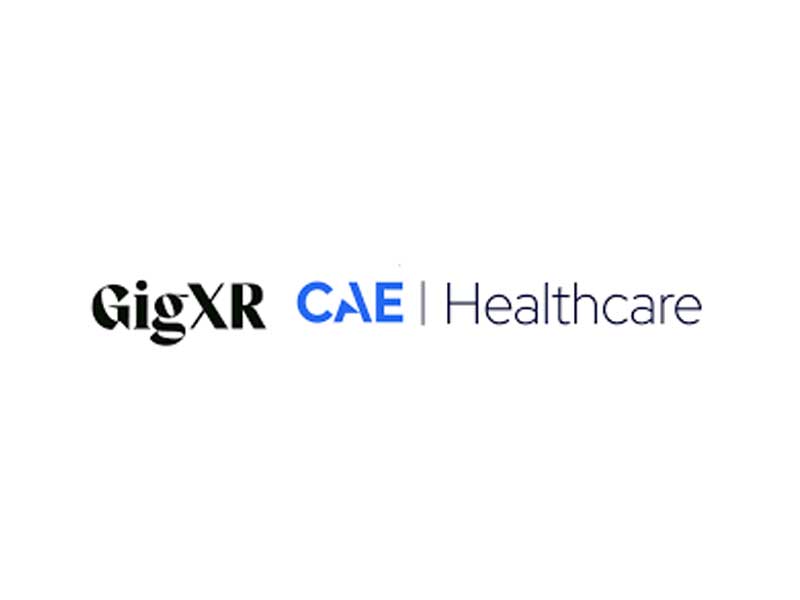Hazel Health, the nation’s largest school-based telehealth provider, has officially announced the results of a third-party analysis, which was meant to study the clinical effectiveness of its proprietary teletherapy program, H.E.A.R.T™ (Hazel Early Assessment Response Treatment) for K-12 students. Spearheaded by the Clemson University Learning Institute’s Center for Behavior Analysis, the study reportedly took into account samples of 3,500 middle and high school students from 11 different states. Now, while that would already make it one of the largest studies, till date, to assess clinical efficacy of school-based teletherapy interventions, the samples in play were also racially and ethnically diverse, as nearly 50% of participants were understood to be people of color. Anyway, each student was scored for symptom severity pre vs. post-treatment (via the PHQ-9 for depression and the GAD-7 for anxiety). To enhance the reliability of results, the duration of evidence-based treatment program was also individualized to each participant, depending on their specific clinical needs at intake. So, what did the results actually reveal? Well, going by the available details, they showed that, following their treatment, overwhelming majority of participants experienced a clinically significant reduction in depression and anxiety symptoms, 75% of them even falling into a lower level of clinical severity (as defined by the PHQ-9 and GAD-7 scales). Among this, the largest improvements were experienced by participants who exhibited more severe symptoms prior to treatment. You see, at intake, over 60% of participants exhibited moderate to severe symptoms. However, by discharge time, no more than 30% remained at that stage. This translates to 70% of the sample reaching only minimal to mild symptoms, placing them in the “green zone,” which is considered below the clinical threshold for a depressive or anxiety disorder.
Beyond the study conducted by Clemson, Hazel Health’s internal team also dug into the stated data to unveil bonus insights. Going by the details, the clinical impact of the program here was found to be equitable across racial and ethnic groups. Such a finding meant non-white participants experienced similarly significant improvements as white participants. Interestingly enough, though, Asian, Black, and Hispanic groups would go on to show the largest average reduction in PHQ-9 and GAD-7 scores.
. “This data indicates that Hazel’s approach of employing a provider force that reflects the diverse communities we serve — 50% of our providers identify as BIPOC, and 40% are bilingual, speaking over 19 languages — is core to our ability to drive equitable engagement and outcomes among groups who have historically faced the highest barriers to care, particularly in mental health,” said Dr. Travis Gayles, Chief Health Officer at Hazel Health.
Not just racial groups, the clinical impact of program was also deemed as equitable across genders. Hence, while females did display comparatively higher average severity at intake, Hazel’s program drove similarly significant improvements in depression and anxiety symptoms across females and males.
“This initial analysis focused on the adolescent segments of Hazel’s K-12 patient population due to the age-appropriateness of the PHQ and GAD screeners. But a growing body of research on youth mental health is clear: the earlier we intervene, the more we can impact a student’s psychosocial and academic trajectory. With over 40% of Hazel’s patients in elementary school, early intervention is a foundational tenet of our clinical model.” said Gayles.


